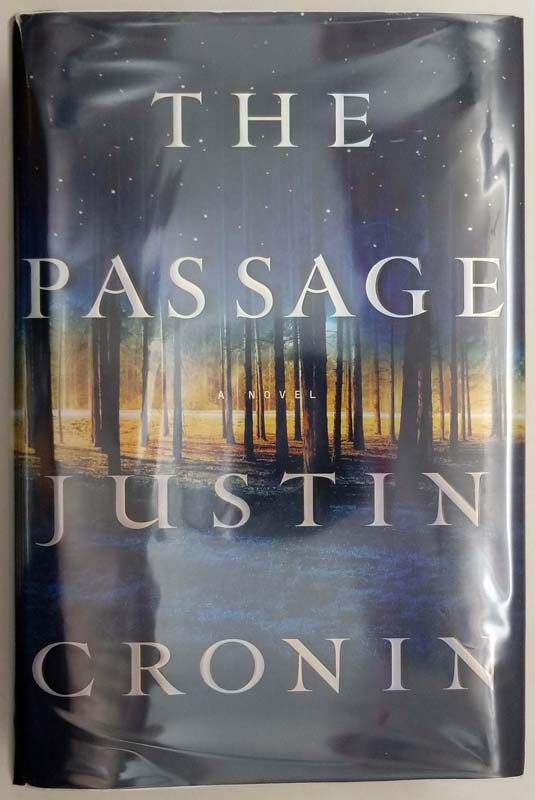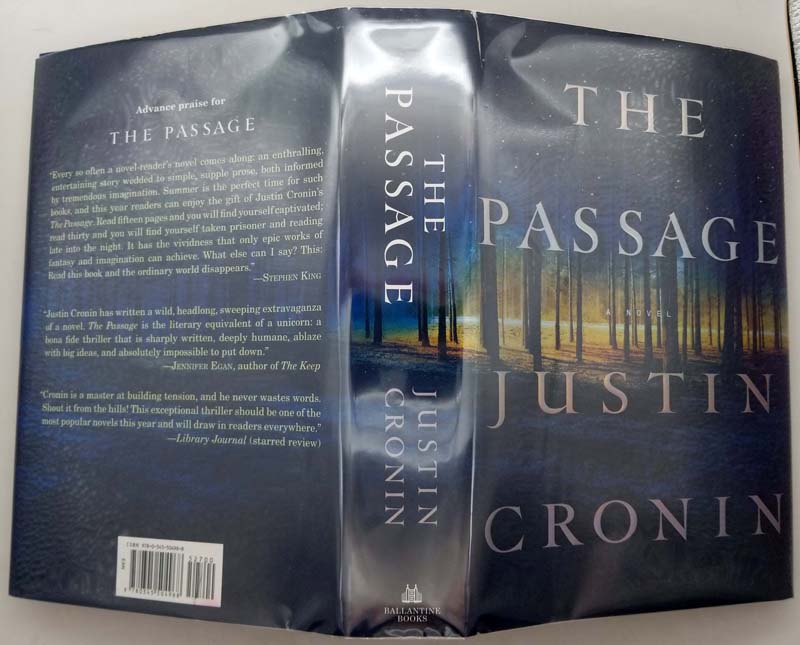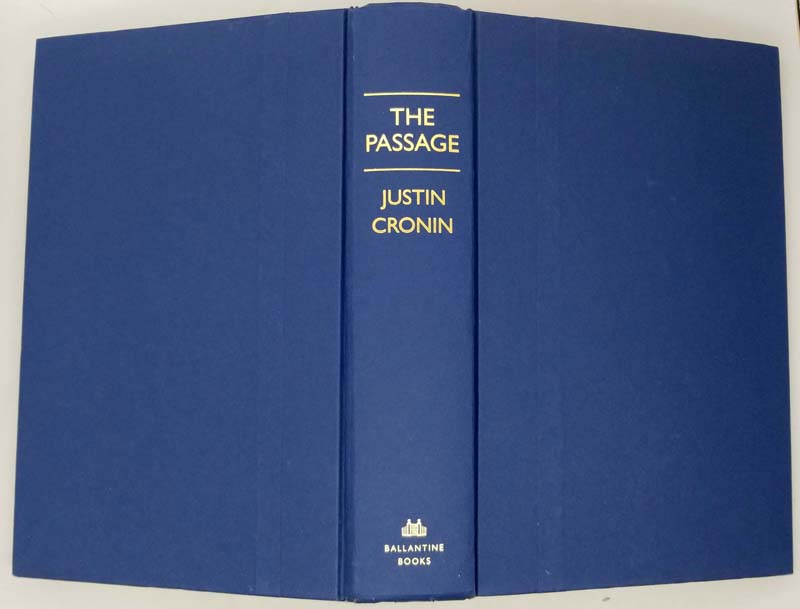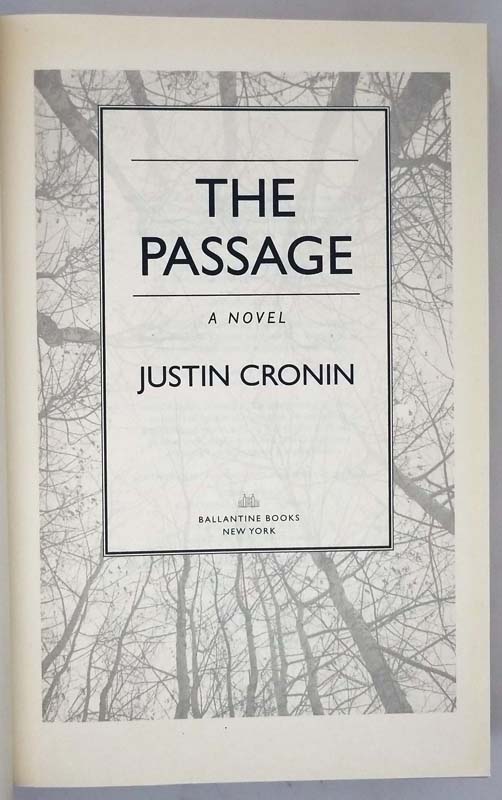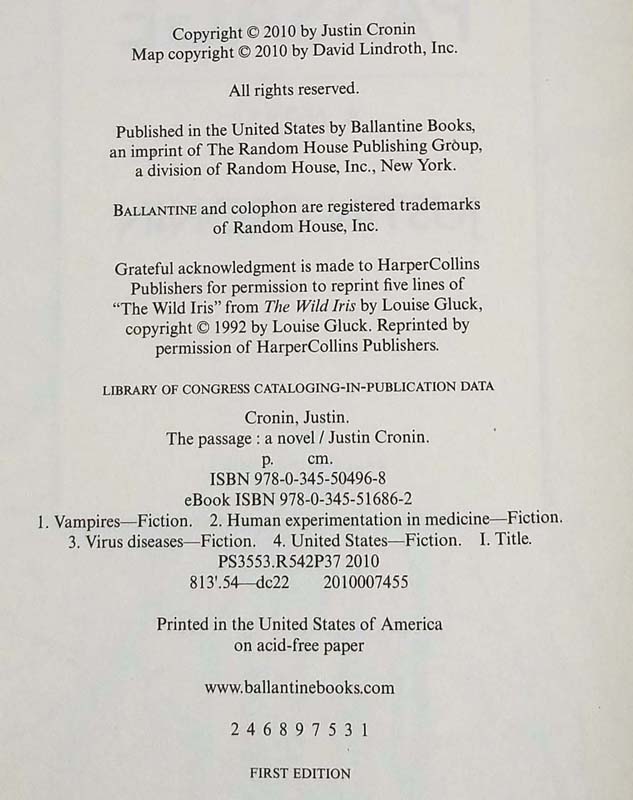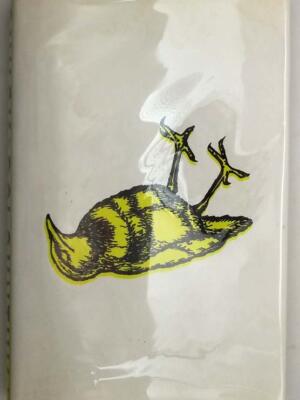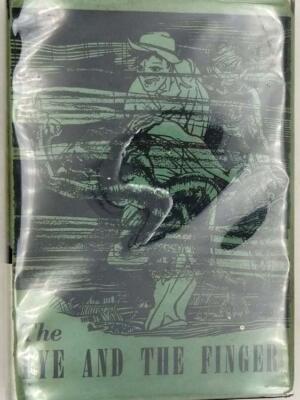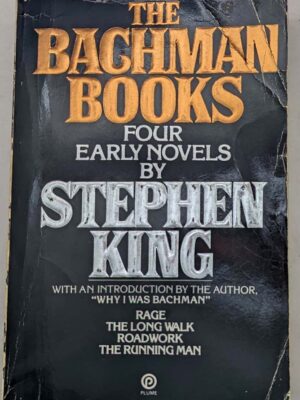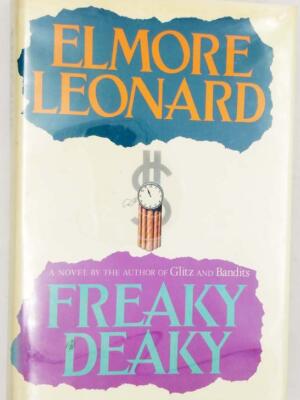The Passage (2010) by Justin Cronin is a monumental epic that redefines the vampire mythos through a sweeping, post-apocalyptic saga spanning a century. The novel begins with a government experiment gone catastrophically wrong, unleashing a virulent strain that transforms humans into ravenous, light-sensitive creatures known as “virals.” Amid the chaos, a mysterious six-year-old girl named Amy Harper Bellafonte—immune to the virus—becomes the key to humanity’s survival.
The narrative unfolds in two timelines: the near-term collapse of civilization, centered on FBI agent Brad Wolgast and his desperate protection of Amy, and a far-future America where the last remnants of humanity cling to life in fortified colonies. A band of survivors, including the hardened soldier Peter Jaxon and the enigmatic Alicia Donadio, embarks on a perilous journey to uncover the truth behind Amy’s origin and a possible cure.
Cronin’s prose is both intimate and grand, blending horror, sci-fi, and literary depth with themes of love, sacrifice, and resilience. The virals are not mere monsters but tragic figures, their existence tied to a deeper, almost biblical horror. The novel’s relentless tension and emotional heft evoke comparisons to Stephen King’s The Stand and Cormac McCarthy’s The Road, yet it carves its own path with lyrical storytelling and unforgettable characters.
The Passage is the first book in a trilogy, followed by The Twelve (2012) and The City of Mirrors (2016). A modern masterpiece of apocalyptic fiction, it’s a must-read for those who crave epic scope, heart-wrenching drama, and spine-chilling terror.
